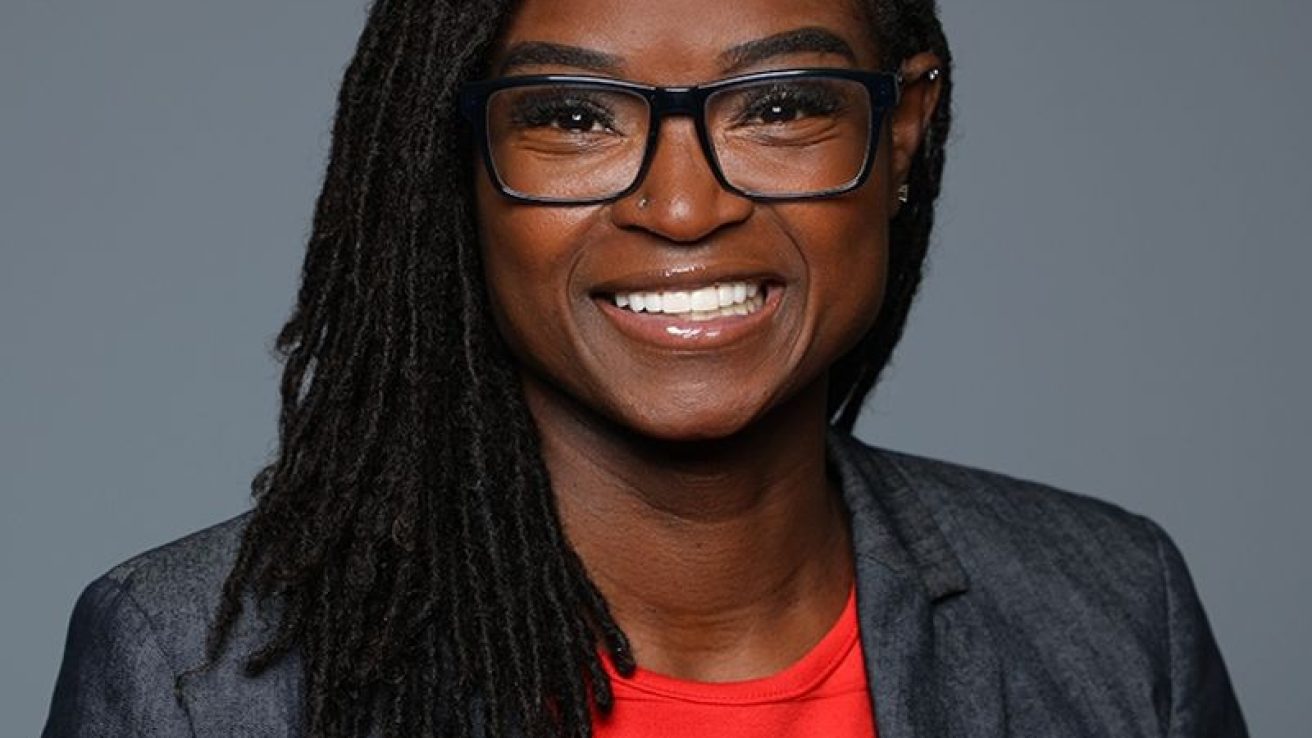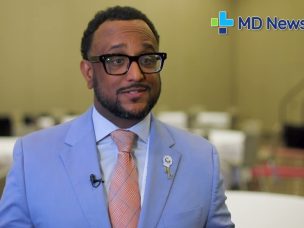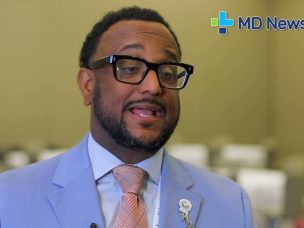In this MD Newsline exclusive interview with urologist Dr. Fenwa Milhouse, we discuss the importance of incorporating social determinants of health into graduate medical education and continuing medical education.
MD Newsline:
How can we train physicians to help improve health disparities?
Dr. Fenwa Milhouse:
“One area that I think all physicians should be trained in as part of a required course in medical school or license renewal is social determinants of health. We have to start seeing social determinants of health as another measure of health, like age or body mass index.
Like I said in the beginning, we need to stop saying race is the risk factor. Racism is the risk factor. Ok? And social determinants of health and structural racism are tied together. Ok? One moves the other. So you can’t completely separate them.
Are there non-Black and Brown patients who have poor socioeconomic factors? A hundred percent. But, has there been a history of chronic inequities and chronic discriminatory practices that have affected poor white patients as they affect poor Black [and Brown] patients? Because we know the outcomes are very different. Ok?
So it’s not just about money. It is about demographics, including skin color, race, and ethnicity. And so, I really would love to see the healthcare institution work on teaching social determinants of health to the next generation of physicians and other healthcare providers.
I’ve had to learn about social determinants of health on my own. It’s fascinating to me. It’s intimidating because it’s such a big challenge. How am I, as a lone physician, going to improve this structural problem? But if healthcare, as one institution in this cogwheel, starts to move towards a more equitable society or standard, that action can make small ripples and effects that can hopefully affect the whole population.”
Responses have been condensed and lightly edited.










